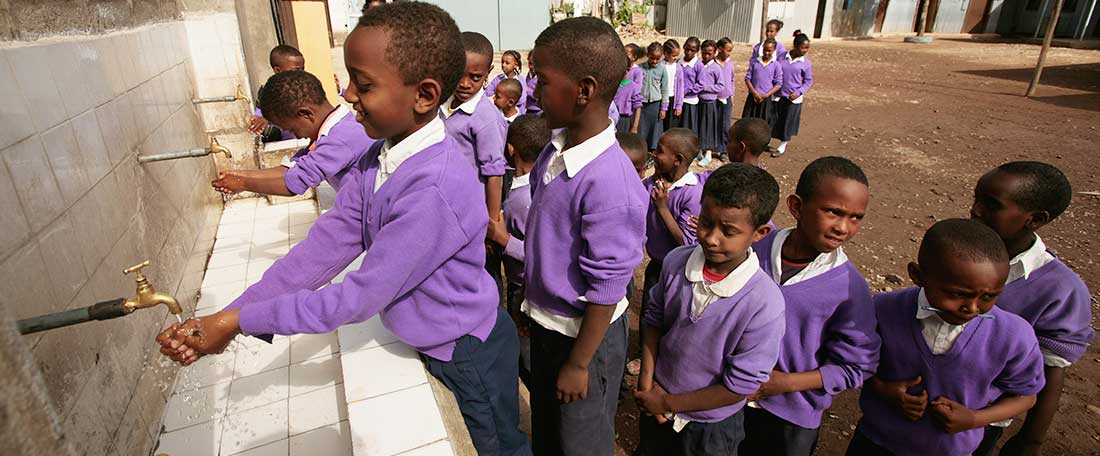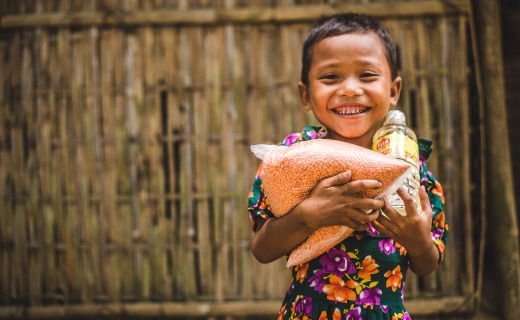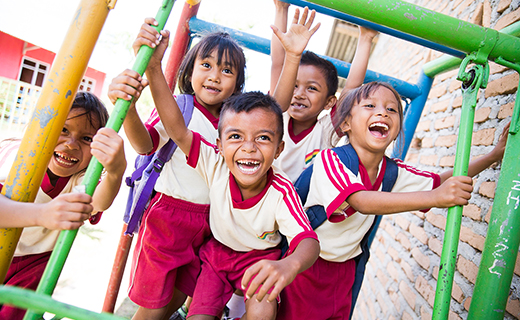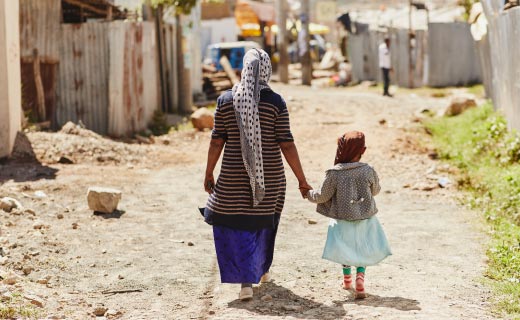Ethiopia
Capital City: Addis Ababa
Population: 108 million
Life expectancy: Male: 60.5 years, Female: 65.5 years
Population with improved drinking water: Urban: 93.1%, Rural: 48.6%
Population with improved sanitation: 28%
Percentage of children underweight: 23.6%
Literacy rate: Male: 57.2%, Female: 41.1%
Child labour: 52%
Religion: Ethiopian Orthodox 43.5%, Muslim 33.9%, Protestant 18.5%, traditional 2.7%, Catholic 0.7%, other 0.6% (2007)
Percentage living below the poverty line: 29.6%
A little bit of history
Ethiopia is Africa’s oldest independent country. Other than a brief spell of Italian occupation from 1936–41, the country has avoided colonial rule. In 1974, the military deposed Emperor Haile Selassie, who had ruled since 1930, and established a socialist state. However, bloody coups, wide scale droughts, famine and ongoing war with neighbouring Eritrea devastated the country in the decades that followed. The first multi-party elections were held until 1995.
How the country makes a living
Ethiopia’s economy relies on agriculture. The most famous of Ethiopia’s exports is coffee, which is actually believed to have originated in the country. But the well-publicised droughts and unstable climate have posed problems for farmers.
In an attempt to reduce the reliance on agriculture, the government is pushing to diversify into manufacturing, textiles, and energy generation. Progress is being made, but, as the world’s most populous landlocked country, Ethiopia faces many challenges and remains one of the poorest countries on earth.
Challenges faced by children
Being a child is tough in Ethiopia. Schools, particularly in rural communities, are rare and poorly resourced. With such reliance on agriculture, many children are expected to work rather than go to school. In fact, 52% of all children are involved in some sort of child labour. Ethiopian girls face the ongoing challenge for equality, too. The median age for a girl in Ethiopia to get married is just 16.5 years old and many are denied the education that could help delay marriage and improve their economic situation.
Compassion in Ethiopia
Compassion's work in Ethiopia began in 1993. Currently, more than 123,250 children participate in more than 543 child development centres.





